How Much Bitcoin Does Elon Musk Own? Elon Musk's Bitcoin Holdings, Tweets & Investment Strategy
New to Bitcoin? Our ultimate BTC investment guide covers all the fundamentals.
- Elon Musk transformed from Bitcoin skeptic in 2014 to major corporate investor with Tesla's $1.5 billion purchase in 2021.
- Tesla currently holds 11,509 BTC worth over $1.4 billion, making it one of the largest publicly traded Bitcoin holders.
- Musk's tweets carry a 61.5% probability of influencing Bitcoin markets, with negative tweets showing stronger immediate impact than positive ones.
- All Bitcoin giveaway schemes using Musk's name are fraudulent scams - legitimate cryptocurrency opportunities never require upfront payments.
- Tesla's Bitcoin strategy emphasizes long-term holding for inflation hedging rather than speculative trading, despite tactical sales during operational needs.
- SpaceX separately holds approximately 8,285 BTC, demonstrating Musk's multi-company cryptocurrency adoption approach.
Elon Musk's Bitcoin Timeline: From Skeptic to Supporter
Early Bitcoin Skepticism (2014-2018)
Growing Bitcoin Interest (2019-2020)
Tesla Bitcoin Investment (2021)
Discover all the factors driving Bitcoin's price appreciation.
Current Bitcoin Holdings Status (2022-2025)
How Much Bitcoin Does Elon Musk Own?
Elon Musk Personal Bitcoin Holdings
See how Trump's administration also embraced Bitcoin as a strategic asset.
Tesla Bitcoin Holdings Strategy
SpaceX Bitcoin Holdings
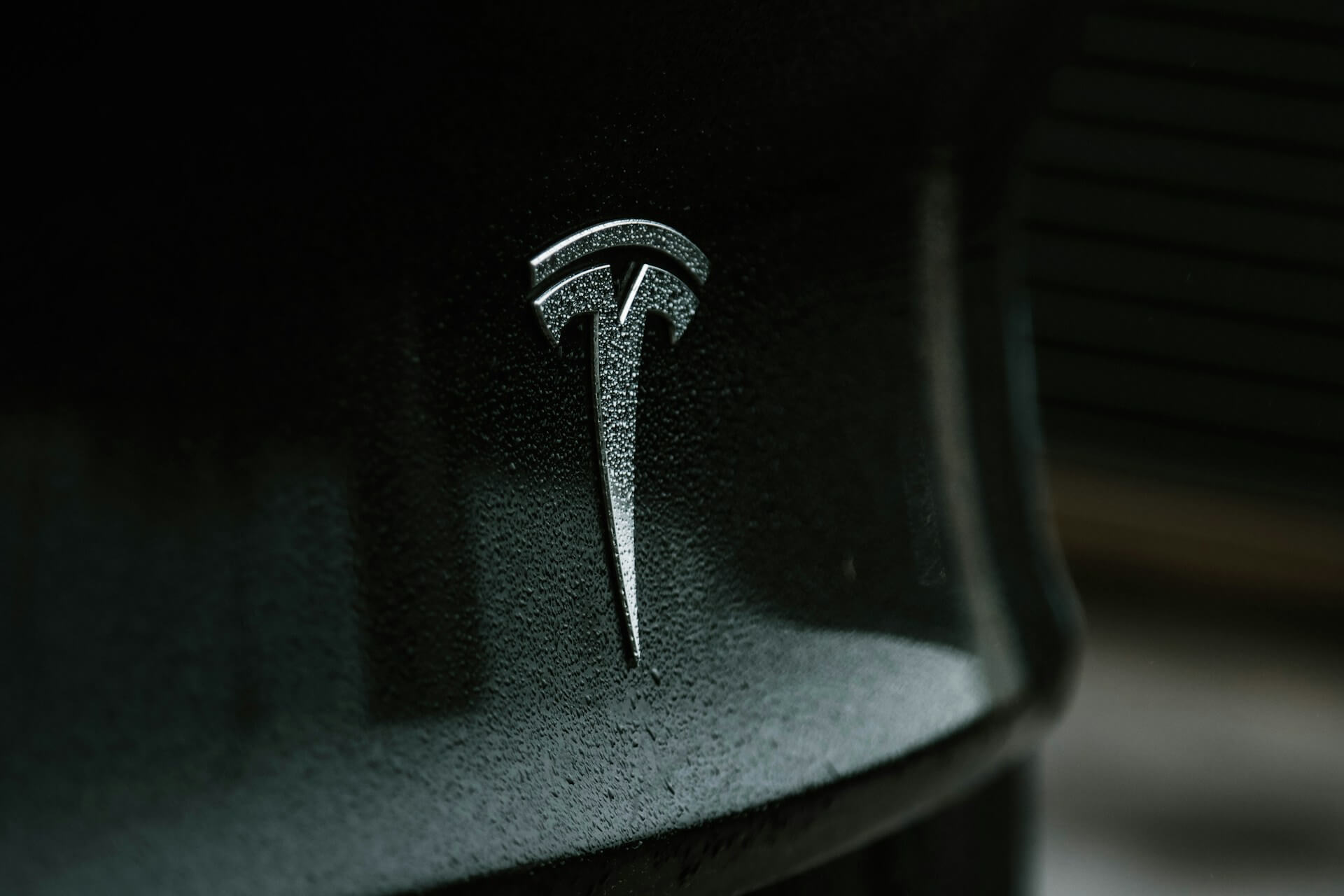
Elon Musk Bitcoin Tweet Impact
1. Bitcoin Price Impact Analysis
2. Major Elon Musk Bitcoin Tweets
Learn more about why Bitcoin prices drop.
3. Bitcoin Market Influence
Elon Musk Bitcoin Investment Strategy
1. Bitcoin Investment Philosophy
2. Corporate Bitcoin Strategy
3. Bitcoin Investment Lessons
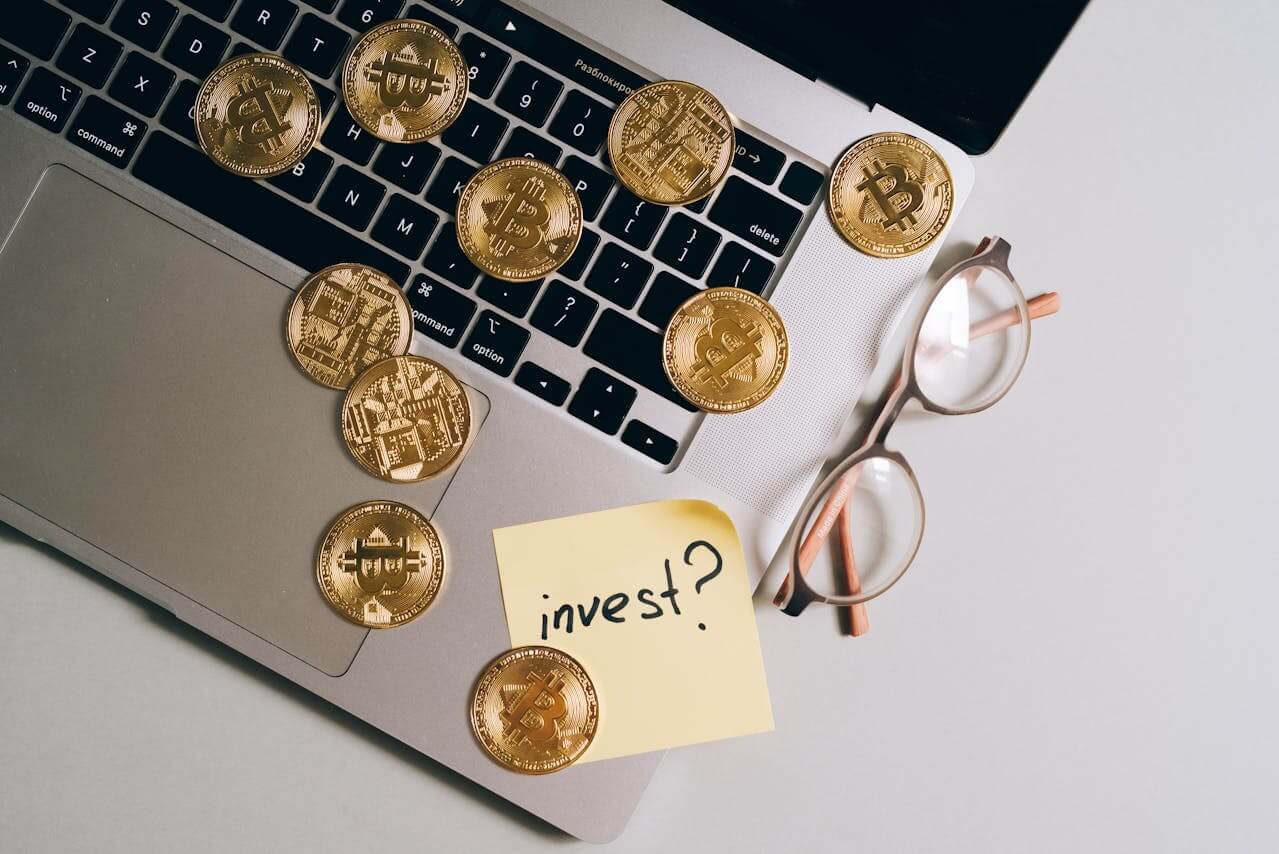
Elon Musk Bitcoin Scam Warning
Future of Elon Musk Bitcoin
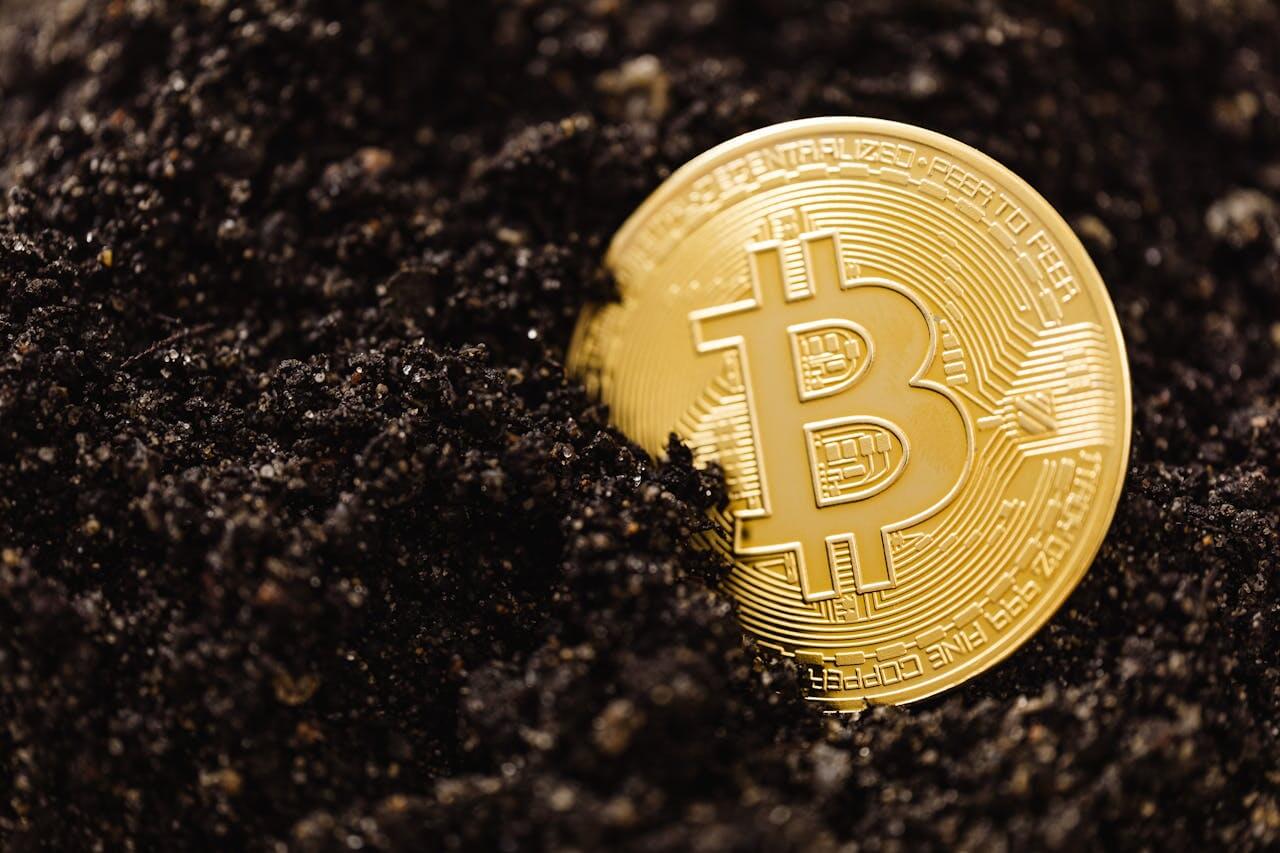
FAQ Section
Conclusion
For complete Bitcoin basics and investment strategies, explore our beginner's guide.
Popular Articles

Trade US Indices (NAS100, SP500, US30) with USDT on MEXC: Max 20x Leverage
The gap between Wall Street and Web3 just closed.MEXC is thrilled to announce the listing of USDT-Margined Perpetual Futures for the world's three most important financial indices: NAS100 (Nasdaq), SP
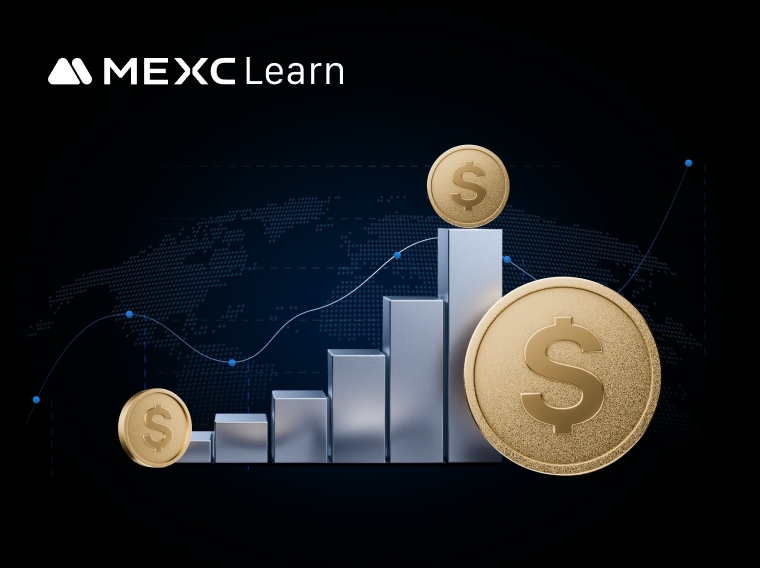
Why Smart Money Trades Copper (XCU) Perps on MEXC
When investors think of Copper, they often think of physical bars or slow-moving ETFs. That is how the "Old World" trades.But for the modern crypto trader on MEXC, the launch of COPPER (XCU) USDT Perp
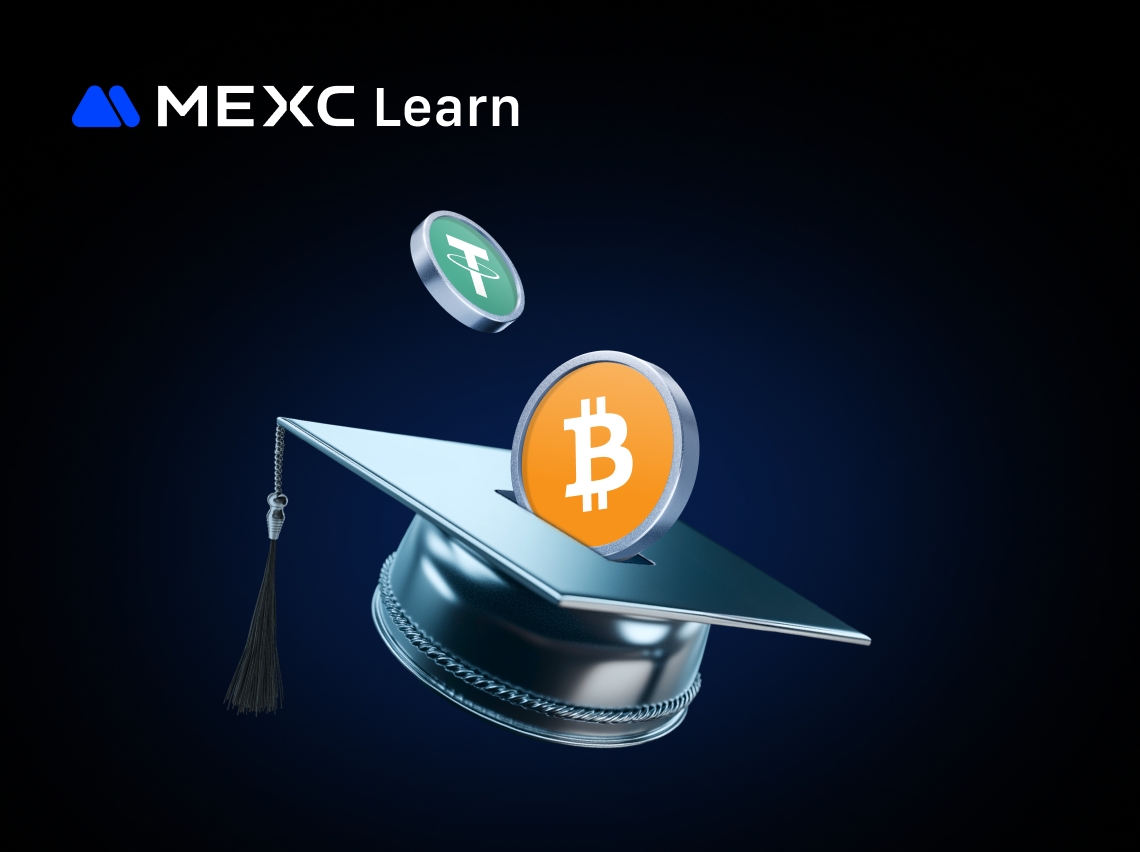
Staking Rewards Crunch,Why ETH Yields Can Fall Even When Activity Looks “Fine”
Ethereum staking rewards come from a mix of protocol issuance (new ETH minted) and variable fee-driven components (priority fees and MEV). Over the past two years, the composition of that mix has shif
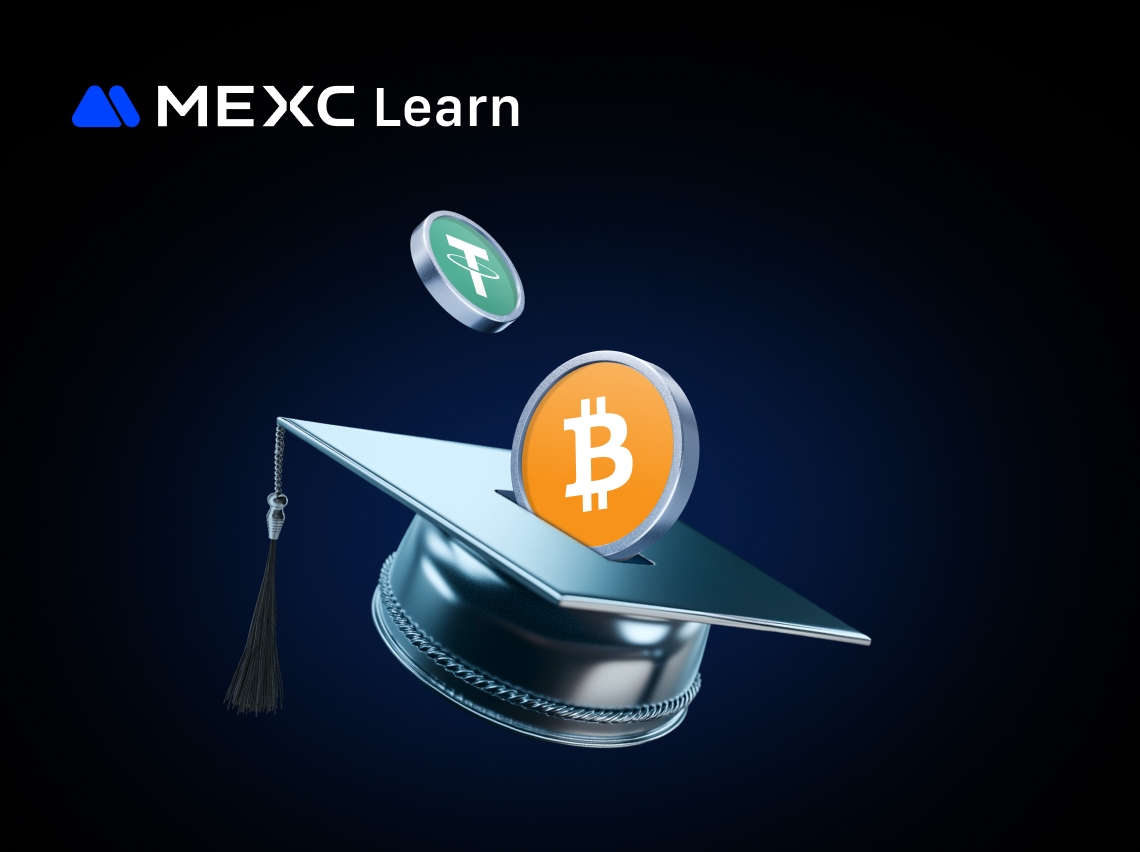
NFT Market Radar: Utility Narratives Re-enter the Conversation (Late Jan 2026)
Scope note (what this piece is—and isn’t)This “radar” summarizes what three recent articles reported about NFT-adjacent tokens and utility-themed use cases around mid-to-late January 2026. It does not
Hot Crypto Updates
View More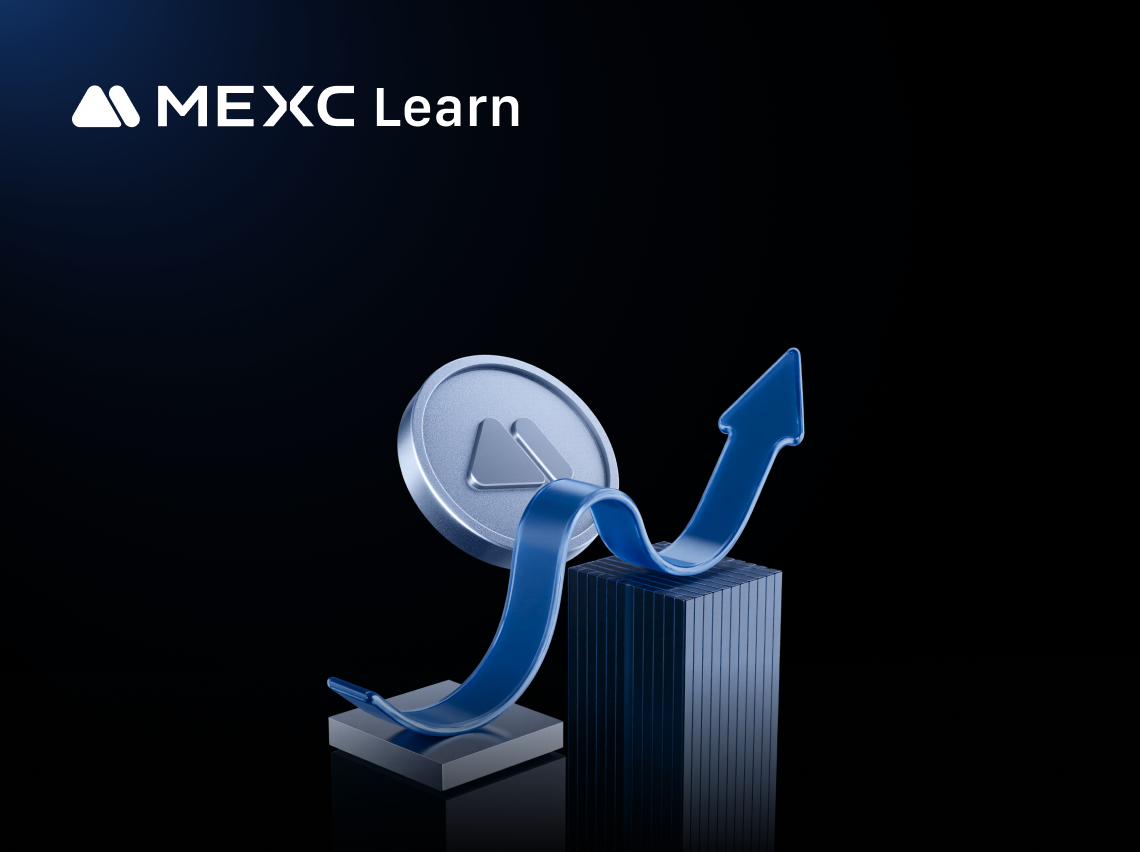
Elon Musk's Path to Fortune: Entrepreneurial Lessons from His Early Career
Formative Beginnings Elon Musk's journey to becoming one of the most influential entrepreneurs of the 21st century began with a blend of technical curiosity and entrepreneurial ambition that emerged
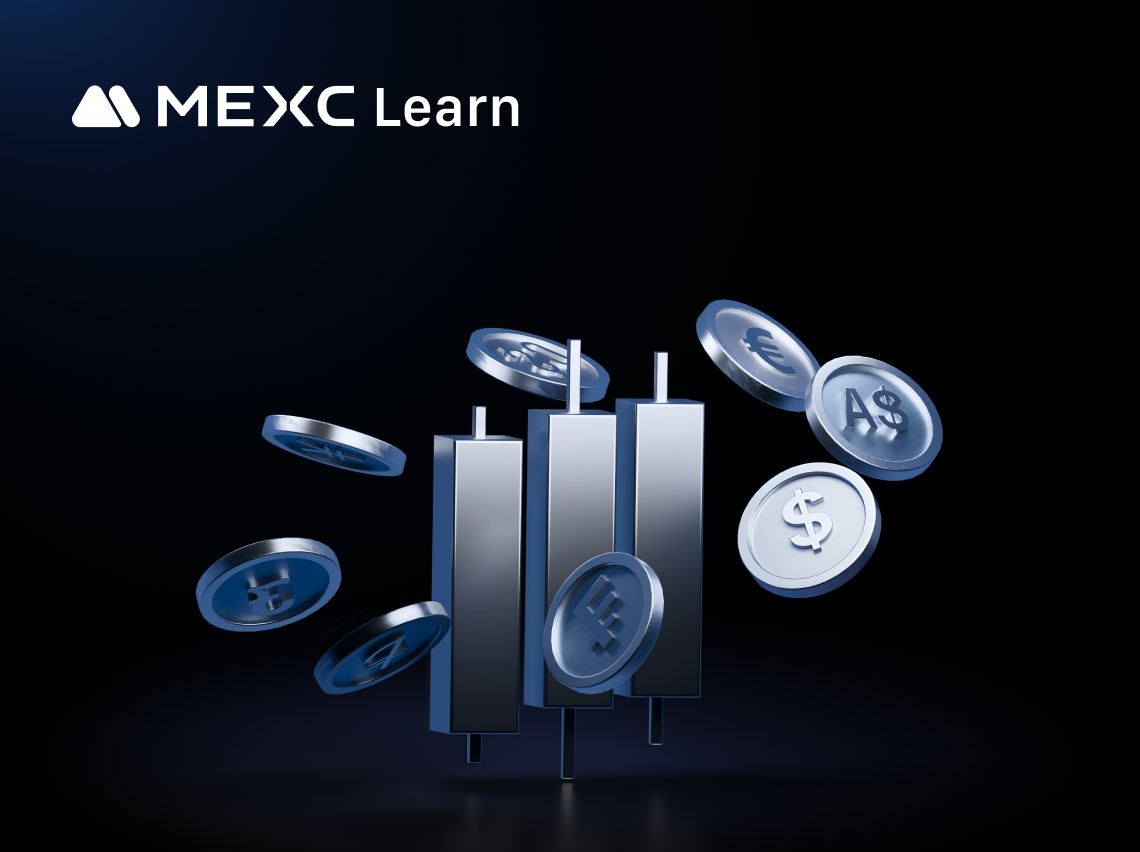
What is Coinbase Global Inc. (COIN)?
Coinbase Global Inc. is a major American cryptocurrency exchange operator and digital asset services provider that enables users worldwide to buy, sell, custody, and manage crypto assets. Its stock,

Major Ethereum Whale Continues Strategic Accumulation During Market Corrections
1. Profile of a Strategic Crypto Investor In the volatile world of cryptocurrency, few players exemplify disciplined investing like the prominent Ethereum whale known as '7 Siblings.' This investor
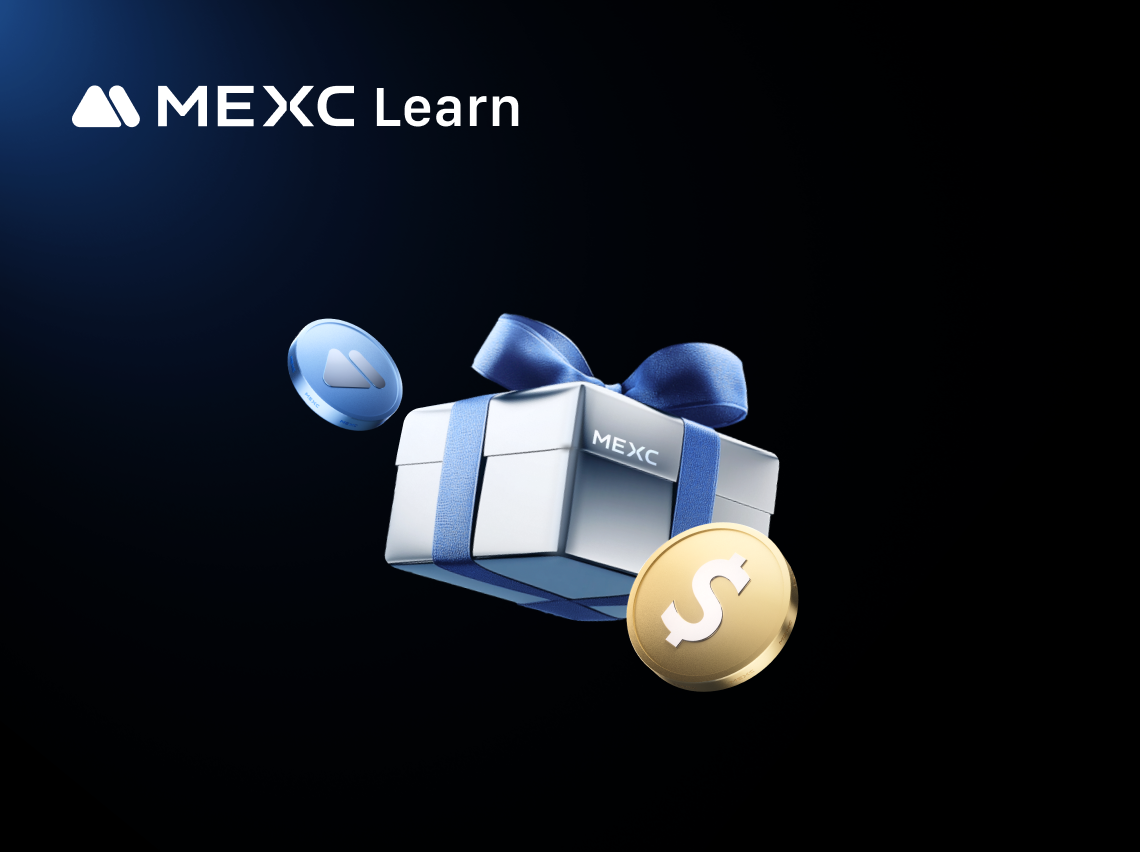
Understanding XRP Ownership: Distribution, Major Holders, and Market Implications
1. Key Players in XRP Ownership Landscape Ripple Labs stands as the dominant force in the XRP ownership landscape, controlling a substantial reserve of approximately 46 billion XRP tokens, primarily
Trending News
View More
Elon Musk and Ryanair feud explained: online clash sparks takeover talk
Elon Musk escalated a very public brawl with Ryanair this week into takeover territory, floating the idea of buying Europe’s largest budget airline after the carrier

“Better than X”: Ryanair CEO mocks Elon Musk over Twitter returns
Ryanair CEO Michael O’Leary has doubled down on his public spat with Elon Musk, using a press conference… The post “Better than X”: Ryanair CEO mocks Elon Musk

Tesla Autopilot and ChatGPT: Altman vs. Musk in Heated Online Spat
TLDR Sam Altman responded to Elon Musk’s criticism of ChatGPT, accusing him of hypocrisy over the safety of Tesla’s Autopilot. Musk warned against using ChatGPT
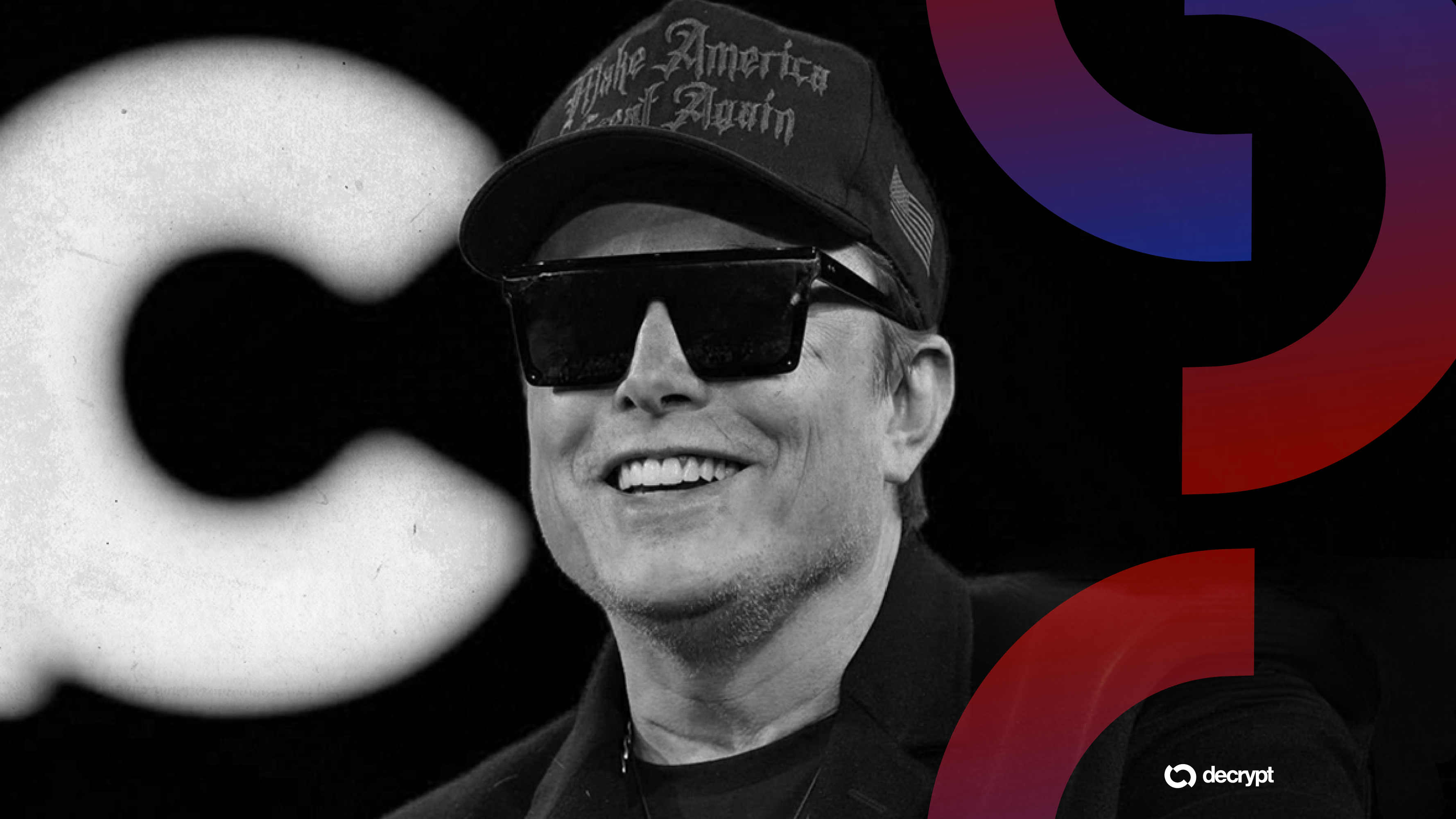
What’s Going On With Elon Musk and Ryanair? Here’s What You Need to Know
Will the tech billionaire attempt a takeover of an airliner out of spite? Here’s the background on Musk’s latest beef, and what it’s really all about.
Related Articles

Trade US Indices (NAS100, SP500, US30) with USDT on MEXC: Max 20x Leverage
The gap between Wall Street and Web3 just closed.MEXC is thrilled to announce the listing of USDT-Margined Perpetual Futures for the world's three most important financial indices: NAS100 (Nasdaq), SP

Why Smart Money Trades Copper (XCU) Perps on MEXC
When investors think of Copper, they often think of physical bars or slow-moving ETFs. That is how the "Old World" trades.But for the modern crypto trader on MEXC, the launch of COPPER (XCU) USDT Perp

Staking Rewards Crunch,Why ETH Yields Can Fall Even When Activity Looks “Fine”
Ethereum staking rewards come from a mix of protocol issuance (new ETH minted) and variable fee-driven components (priority fees and MEV). Over the past two years, the composition of that mix has shif

NFT Market Radar: Utility Narratives Re-enter the Conversation (Late Jan 2026)
Scope note (what this piece is—and isn’t)This “radar” summarizes what three recent articles reported about NFT-adjacent tokens and utility-themed use cases around mid-to-late January 2026. It does not
